RANK-2
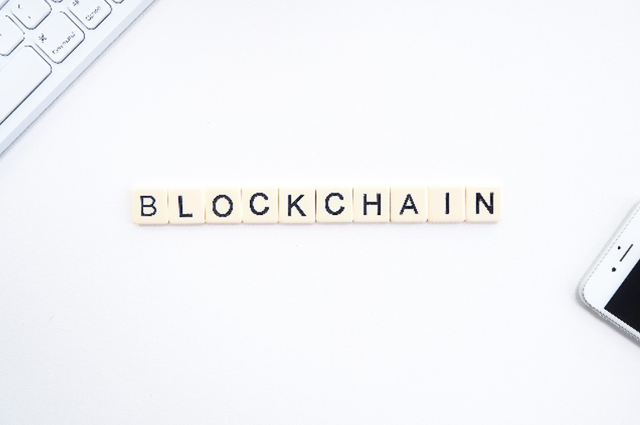
Blockchain is one of the best things to happen in the 21st century. The technology enables a platform to be decentralized, trustless, and secure. Bitcoin and other cryptocurrencies threaten the centralized institutions of banks and financial corporations. Our government leaders still can’t wrap their heads around the technology. Yet, the technology thrives despite the occasional backlash. It is going to be an integral building block of our society in the future. Here are 15 ways India can benefit from this technology:
THE BANKING SYSTEM
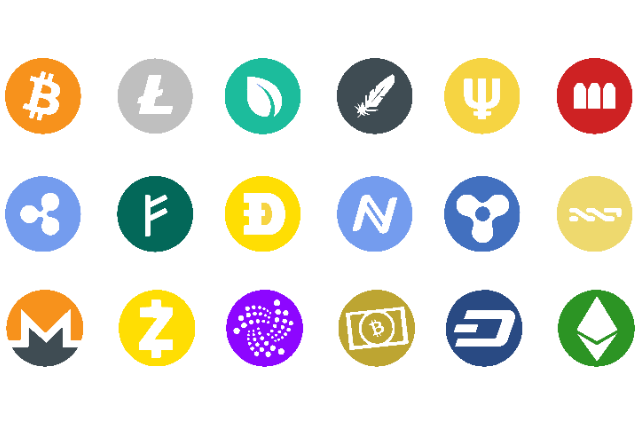
Source: Pixabay
Cryptocurrency, unlike fiat currency, is not under the control of any central authority. The ledger is public, and sensitive information is stored cryptographically, making it secure. Decentralized finance (DEFI) aims at eliminating our dependence on central financial institutions like banks and stock exchanges. Anyone with an internet connection can access these platforms. Decentralized exchanges (DEX) are DEFI tools that are similar to the Bombay Stock Exchange. But unlike BSE, It can trade cryptocurrency and crypto-tokens without human intervention. Some examples of DEX are Uniswap, Kyber, and Serum.
Blockchain has introduced Stablecoins, which can back cryptocurrency. Solana blockchain has developed Wormhole, a bi-directional bridge between Ethereum’s ERC-20 and Solana’s SPL tokens, establishing a direct connection between the two without the need for fiat currencies. Banks like Goldman Sachs and CitiBank are trying to adapt by experimenting with the technology. Reserve Bank of India is also planning to implement Central Bank Digital Currency (CBDC), which is basically the existing fiat currency in digital form.
Did you know?
15 Indian Banks have joined together to form a new blockchain-based company - Indian Banks' Blockchain Infrastructure Co Pvt Ltd (IBBIC). Click here to learn more.
LOANS AND INSURANCE
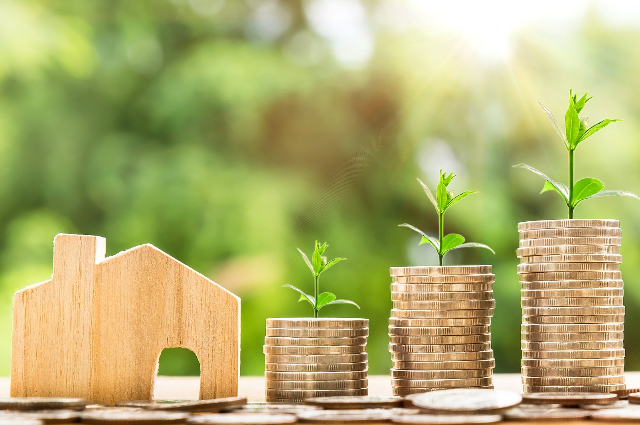
Source: Pixabay
Banks can be biased towards your credit score, and it can take days until your receive the loan you need. Blockchain can be a better option to get loans in the future. It will be cheaper, the process would be more efficient, and your financial data would be secure. Insurance companies will also profit with a better customer experience and cut down costs and time. Recently, the Maharashtra State Warehousing Corporation (MSWC) has helped farmers get commodity loans against their agricultural yield. They did that in 24 hours instead of seven days by using blockchain technology. The MSWC partnered with Maharashtra Cooperative Bank (MSC) and WHRRL Solutions to achieve this. About 185 farmers have received loans worth a total of Rs. 3.63 crore in 2020-21 and 423 more will benefit soon with Rs. 9.75 crore by the end of this year.
TRAVEL AND SHIPPING
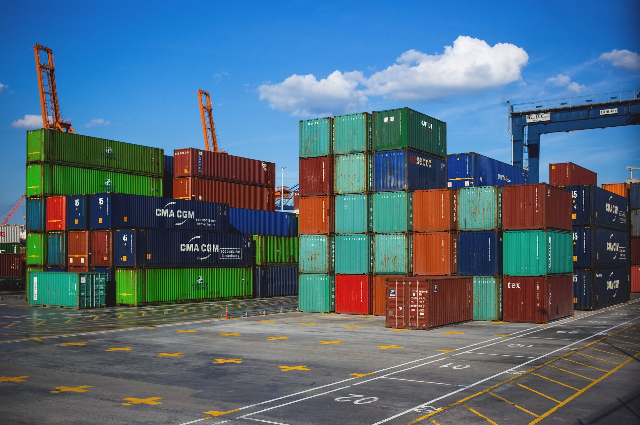
Source: Pixabay
Blockchain can record and track vehicles, automobile parts, even the entire shipping, and trucking industry, making it an invaluable asset. Whether you want to buy a new car or lease it, it will all be possible within a few minutes. Shipping of goods will be more efficient. It can easily track and automatically notify spoiled objects.
You may have recently experienced drivers asking for extra money when booking rides on Ola or Uber. Centralized institutions are customer-oriented, so they exploit their workers to meet customer standards. They not only provide cheap rides on their app but also take commissions from their drivers. Blockchain can directly connect drivers with the riders without the corporate middlemen. Start-ups like Drife in Bangalore are already developing a platform to solve this particular issue.
Ever wondered why hotels are so expensive? Third-party booking services are one of the main reasons for the extravagant prices. Blockchain can connect the hotels directly to the consumer, making your vacation more affordable and better.
GOVERNMENT RECORDS AND VOTING
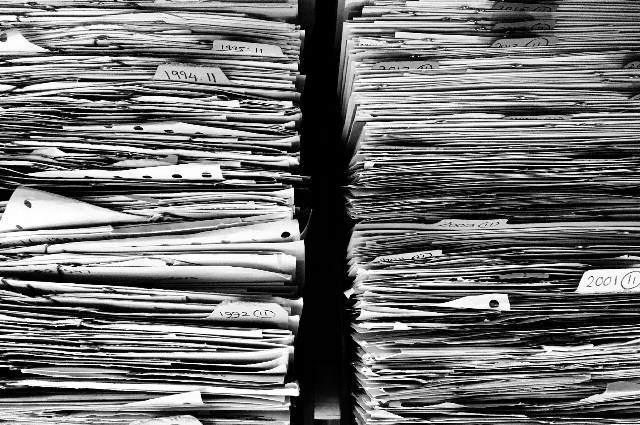
Source: Pixabay
We are all aware of the illegal practices that are prevalent in our country. Corruption is breaking the trust we put in the system and the people in authority. A trustless system can effectively tackle this problem. Blockchain can automate and finalize many of the legal processes that conventionally take weeks or even months. It can replace all paper-based works with digitally encrypted smart contracts that can verify the documents instantly. Voters can attest to their identity and anonymously vote without the risk of booth capture or fraud. Thousands of crores spent on political rallies and voting festivals can help in the growth of our economy.
LAW ENFORCEMENT
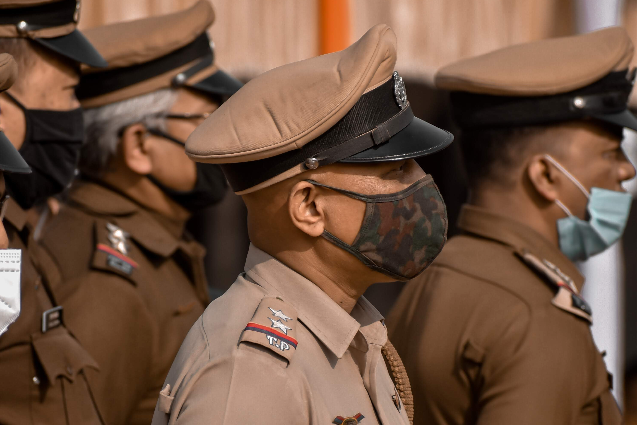
Source: Unsplash
The Indian police force system is outdated in most parts of the country but has the zeal to adopt new technology and reform. Introducing blockchain can be the change it needs. It can help alleviate the working conditions of our police officers and keep the corrupt ones in check. Maintaining evidence by tamper-proof containers and records would be highly efficient and help add a layer of security. Integrating gun companies and ownership with blockchain would help us identify and track them in case of criminal use.
EDUCATION
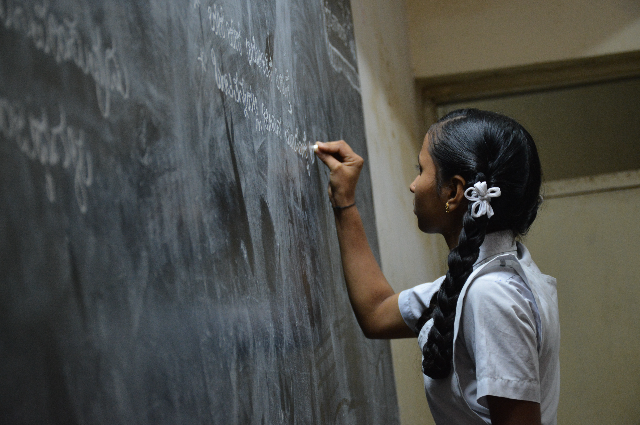
Source: Unsplash
Our archaic education system needs a reality check. Blockchain can be the solution to giving a boost to the system. It can integrate itself with AI and design a syllabus optimal according to the age of the student. It can develop a framework that allows them to hone their skills in addition to studies.
Did you know?
The government of Maharastra has partnered with LegitDoc, an Indian blockchain startup, to issue tamper-proof diploma certificates to students
Forgery of academic certificates is more common than you think in India. Blockchain can verify and detect forged documents instantaneously. It can also act as a universal platform to verify educational qualifications across nations.
HEALTHCARE

Source: Pixabay
When the second wave of the covid pandemic hit, India’s medical system collapsed. Hospitals integrated with blockchain could’ve minimized the muddled situation to some extent. Blockchain can provide for a better diagnosis of the illness leading to cost-effective treatment. It can maintain the security and integrity of the patient’s data in the database of medical institutions. You don’t want the headache of claims management when dealing with a patient in an emergency. Instead of depending on others, blockchain can automate and make complex procedures of standardization and verification faster, helping you pay your medical bills without any hindrance.
The whole world achieved an incredible feat when it developed the covid vaccine within a year. But we could have achieved this much sooner if we had used blockchain to streamline the process and make it more efficient. Blockchain can connect diverse data from the study as well as different sources to create an accessible record. It can regulate the production of safe medicine without any errors. It can find the drugs with defects automatically, saving thousands of lives.
AGRICULTURE, FISHING, AND ANIMAL HUSBANDRY
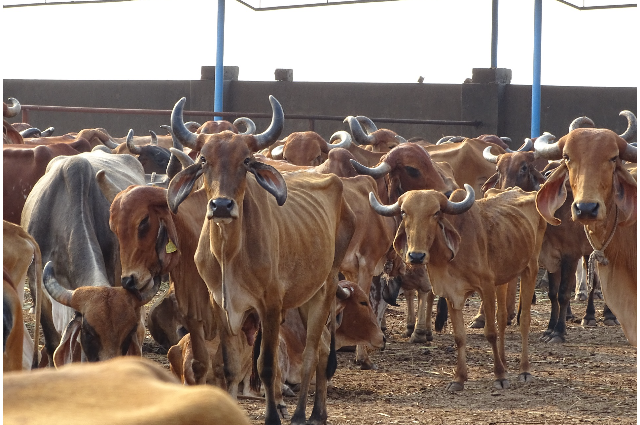
Source: Pixabay
The farmer protest in Delhi is due to the growing distrust between them and the government. They fear the big corporations can sway the price of the crops for their profit, endangering their livelihood. Blockchain can solve this issue by establishing a system that connects the farmers directly to the shopkeepers. It will help maintain the autonomy of the farmers on their yield as well as cut costs that often go to the intermediaries.
The fishing industry is infamous for forced labor and over-fishing. Blockchain can easily trace and verify laborers and keep account of the equipment used in fishing. It can even record and track every fish caught from the bait to your plate!
Due to the prolific number of cows in India, they are often victims of illegal smuggling across borders. These unlawful practices can stop if the government tags all the cattle via blockchain. Animals like cows, goats, sheep, chickens, and fish having their digital footprint would help owners regulate efficiently.
Did you know?
Ethereum based platform Wild Card has developed unique digital versions of endangered species in South Africa. People can buy and become guardians of these wildcards and donate to conservation projects safeguarding them from poachers.
POWER SUPPLY
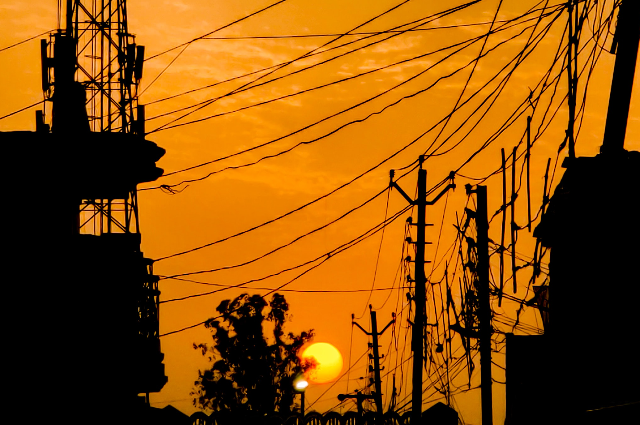
Source: Unsplash
Everyone has to go through a centralized power distribution company to get electricity. It may be one of the public-based companies such as WESCO and TPCODL or private companies such as Reliance Energy and Adani Electricity Mumbai Limited. Blockchain can reduce our dependence on these intermediate third parties and connect us directly to the production houses. It can also certify whether the energy produced is clean or not, hence promoting renewable energy.
Did you know?
BSES Rajdhani Power Limited (BRPL) and Power Ledger have partnered to establish a peer-to-peer trade in solar energy in Delhi, India.
REAL ESTATE
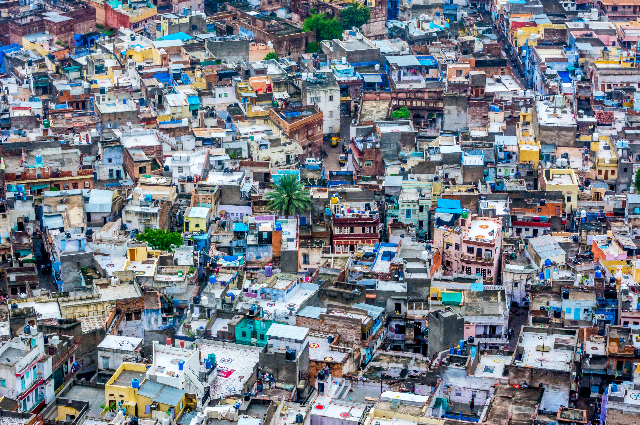
Source: Unsplash
You may be aware of how painful the entire process of buying or selling land in India can be. The business of real estate lacks transparency and efficiency. Blockchain can store and track all land-related documents. It can help in the smooth transition of the title without any case of fraud. Since cryptocurrency is digital, black money transactions are not possible. Anything illegal would be easily traceable. India is already experimenting with some pilot projects in Maharashtra, West Bengal, Telangana, and more.
CONSTRUCTION
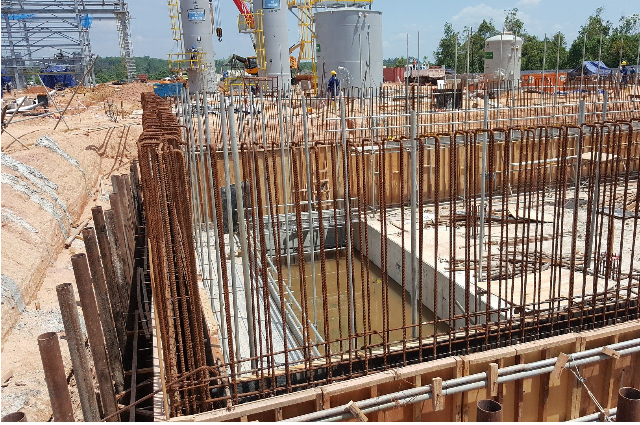
Source: Pixabay
The extensive water-logging in all the major cities of India during the monsoon is a nuisance in itself. It is due to the awful architecture of the city, illegal construction, and poor drainage system. Blockchain can help India improve its infrastructure by providing platforms that can better map and design cities. Engineers can keep a better track of the employees and workers from different fields who come together to work on a single project. It can help verify the quality and source of the materials used in the construction. Smart contracts enable people to make payments automatically on time, hence speeding up the process of construction.
RETAIL AND E-COMMERCE BUSINESS
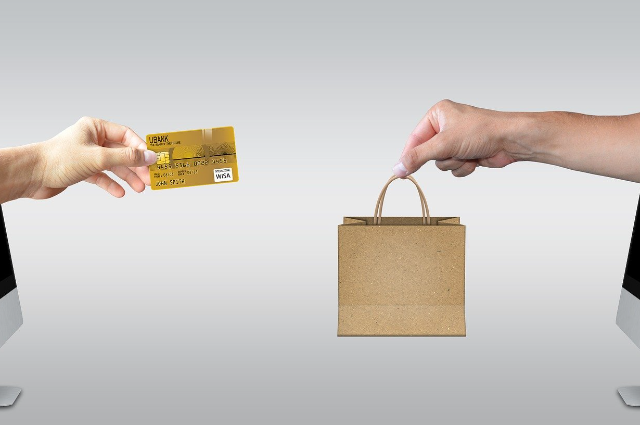
Source: Pixabay
Amazon has its monopoly not only in the US but also rest of the world, including India. Jeff Bezos, the former CEO of Amazon, is the richest man in the world. It is the number one e-commerce business in the world because people trust the platform. The downside is, many new entrepreneurs trying to penetrate the market are unable to do so because these whales don’t let them. If you have potential, they either buy your company or crush it down. It is impossible to sustain a business when everyone is attracted to the shinier shop. Blockchain can level the field by connecting the buyer to the sellers directly, hence decentralizing the platform. Anyone can sell anything, and the database would exist on a global network instead of a central one.
Even Amazon and other giants like Walmart and Alibaba can benefit from its traceable technology and secure infrastructure.
Did you know?
In March 2020, Alibaba already registered for a patent on a transaction system based on blockchain technology in Brazil
PUBLIC ASSISTANCE
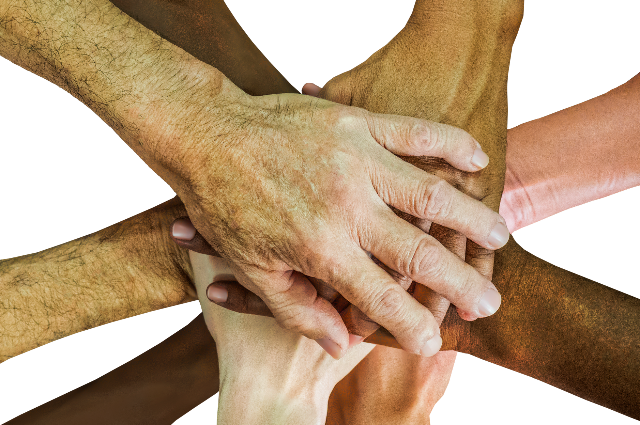
Source: Pixabay
Blockchain can help streamline the functions of humanitarian aids and NGO services that are often troubled by bureaucracy. The unprecedented transparency and security of blockchain are unmatched. The origin of the donations is publicly accessible. Donors can easily track how the organizations utilize the money.
As the public can receive assistance, so can it provide to others. Crowdfunding can raise capital for projects like web series and movies. Instead of only buying a ticket, you can be a part of the movie and earn your fair share of the box office earnings!
Did you know?
The movie BRAID (2018) raised $1.7 million on Weifund by selling ‘crowdsale’ tokens built on the Ethereum blockchain.
MUSIC AND VIDEO STREAMING PLATFORMS
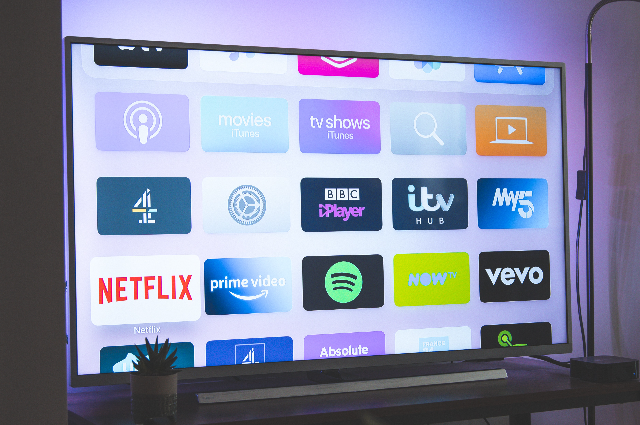
Source: Unsplash
Blockchain can protect the IP rights of the creators and help in fair use of content with proper payment based on the smart contract. Audius and Muzika are two great music streaming platforms built on blockchain.
Did you know?
Muzika has announced that it will give 90% of its revenue to artists!
Blockchain can reduce the video traffic cost considerably and decentralize video platforms like Netflix and Youtube! It will give them a run for their money.
ART
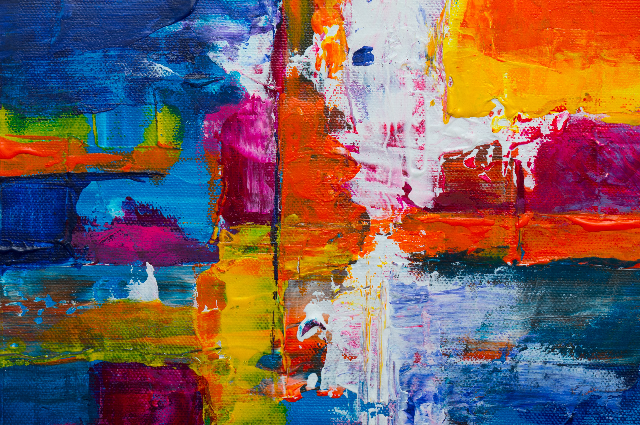
Source: Unsplash
Since blockchain can tokenize physical assets, we can add art to that list. Artists have already adapted to it as many have started tokenizing and selling them at reduced transaction cost.
Digital artists are using non-fungible tokens (NFTs), which are unique, not identical to others. Artists use them to identify and certify their arts. They can sell them once and even earn a part of the selling price every time someone buys the art. While there are still debates about the sustainability of this new platform, it is attracting artists worldwide.
Did you know?
Artist Beeple sold his NFT of his painting collage “Everydays: The First 5000 Days” to Vignesh Sundaresan, a.k.a MetaKovan in the crypto-community, for over $69 million!
Photography, like digital art, is very vulnerable to theft as all it takes is a couple of clicks to save a jpeg. Blockchain can provide a platform that pays the photographers handsomely for their pics without any commission cut by third parties.
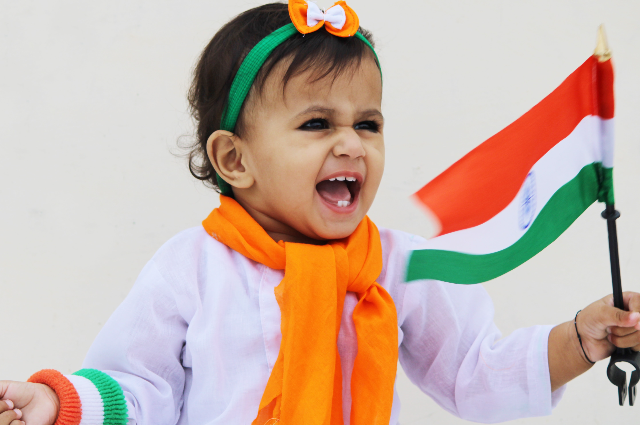
Source: Unsplash
There are so many ways blockchain can help us even more, like investing in potential athletes, stop illegal mining, and decentralize private messaging apps. The possibilities are endless. It is only a matter of time before blockchain breaks the current infrastructure, both digital and physical. India is already upfront about this and has started delving deeper into this technology. We all can hope for a better future!
